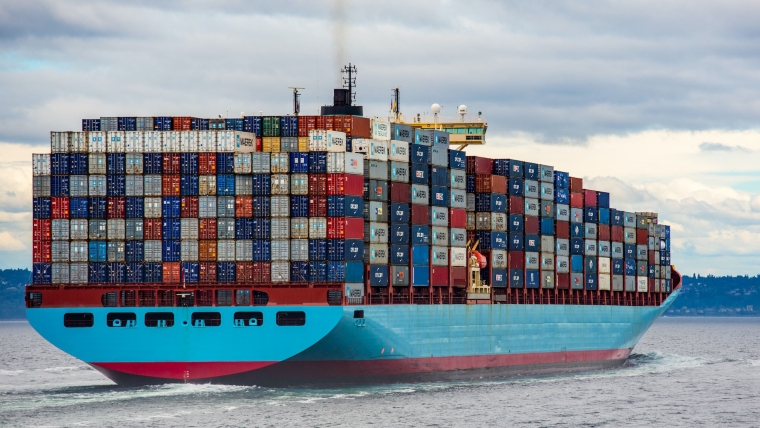
The meat industry has announced a new campaign against the stubborn persistence of non-tariff barriers (NTBs) that block sales even when other barriers come down.
The strategy comes as new figures from the 2025 Barriers to International Trade report show that NTBs cost the meat sector an estimated $1.5 billion every year.
This is the same figure as in the last Barriers to International Trade report two years ago.
The strategy, called “Our Pathway to Growing Value”, was launched along with the barriers to trade report by the Meat Industry Association (MIA) and Beef + Lamb New Zealand (B+LNZ) at the Red Meat Sector Conference in Christchurch.
The chair of the MIA, Nathan Guy says the two documents face up to the dual impacts of NTBs on trade.
“When used appropriately, non-tariff measures can deliver genuine consumer benefits such as science-based biosecurity and food safety requirements, or sanitary and phytosanitary measures,” he says.
“But when they add cost without value, they become barriers to trade, dragging down the sector and reducing returns for farmers, processors, and the wider economy.”
Guy says if NTBs can be dealt with, it will put more money back into farmers’ pockets, and boost investment in processing innovation and sector growth.
The Ministry for Primary Industries’ most recent Situation and Outlook for Primary Industries (SOPI) report forecasts an 8% increase in red meat export revenue this year, but Guy says the growth could be greater with fewer NTBs.
The focus on NTBs comes as trade agreements have been signed between New Zealand and most large economic zones, with India and the United States being the two largest holdouts.
India is known to be difficult, while the United States is regarded as out of the question right now. For that reason, trade experts are focusing on sub sections of the trade world, not the over-arching picture.
“The strategy will be focused on managing turbulence by expanding agreements such as CPTPP, enforcing and better implementing current Free Trade Agreements and focusing attention on NTBs,” a trade official says.
“There will also be better support for exporters, such as more market intelligence reporting, better website tools and a portal for registering problems.”
Meanwhile, ordinary tariff barriers got a hearing at the conference as well as NTBs.
B+LNZ Chair Kate Acland says the imposition of a new, 10% tariff on red meat sales to the US would more than double total tariffs faced by the sector from $155 million to $367 million.
“Trade barriers not only add cost but add uncertainty for farmers and our processors and exporters,” Acland says.
“The new strategy focuses on improving competitiveness by lifting farm level productivity, telling the story of our low environmental footprint and ensuring there is an enabling regulatory framework allowing headroom for growth.
“Our global reputation for safe, sustainable food is our most valuable export asset.”
Many NTBs are listed in the Barriers to International Trade report. They include onerous audits and registration requirements, burdensome or unnecessary certification, a lack of transparency, inconsistent technical rules, inefficient import checks and variable private standards.
Another issue is a European requirement to prove that beef is not produced on deforested land. In fact, much New Zealand farmland is going into forestry, not the other way around, but the European regulations are “poorly designed”, according to the industry here, which is pushing for an exemption from these rules.
“Increasingly, red meat exporters are seeing demand for evidence of sustainability,” the report says.
“A recent report found that 80% of New Zealand’s exports are destined for markets with mandatory climate-related disclosures (in force or proposed).
“The New Zealand red meat sector understands the growth in interest in environmental standards … however, it is critical that sustainability rules are not used as barriers to trade.”

We welcome your comments below. If you are not already registered, please register to comment
Remember we welcome robust, respectful and insightful debate. We don't welcome abusive or defamatory comments and will de-register those repeatedly making such comments. Our current comment policy is here.